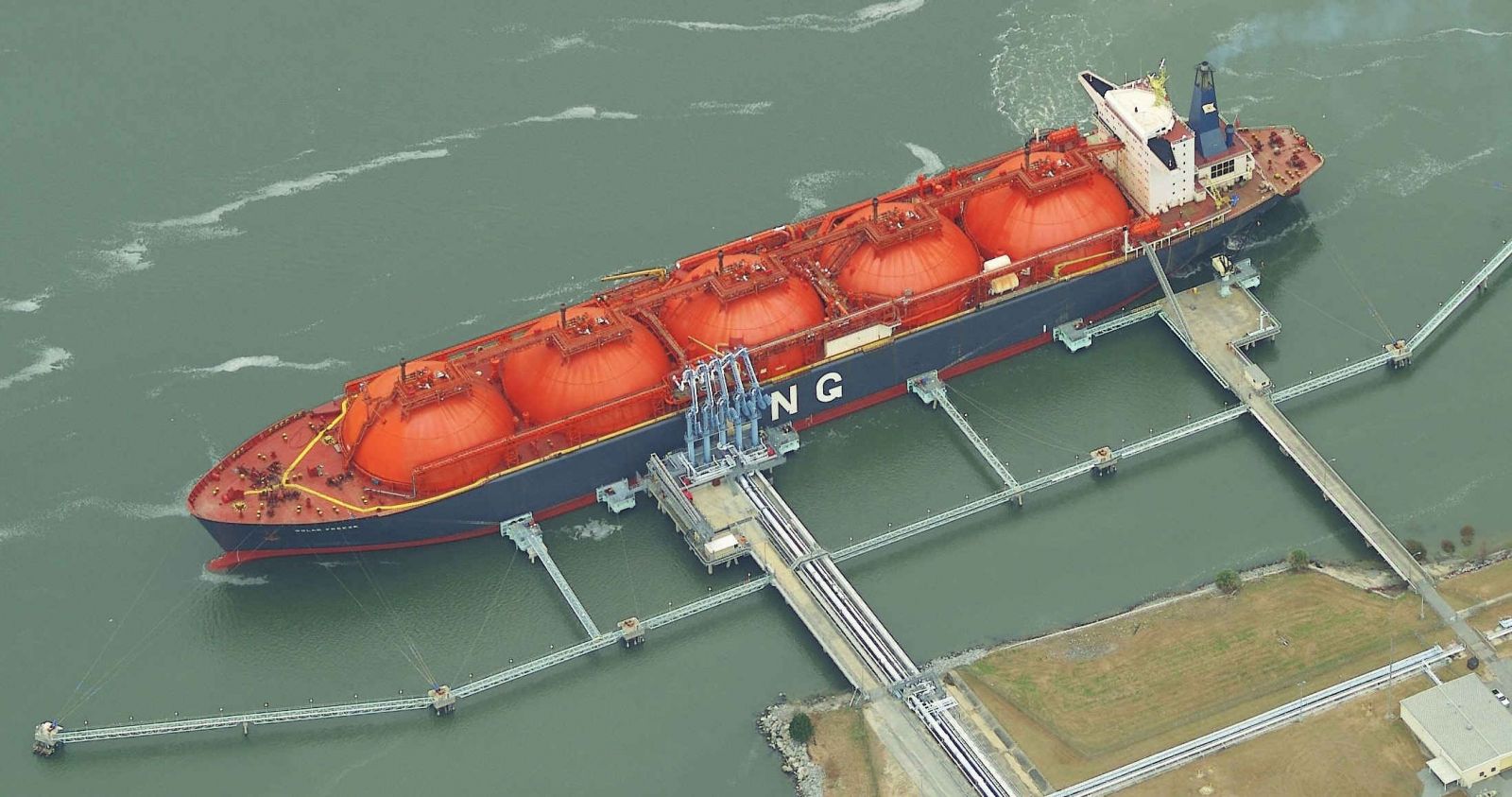Cyprus must develop the infrastructure for power generation and an outlet for natural gas exports to international markets, said Energy Minister George Papanastasiou at the 14th Limassol Economic Forum.
He said in his intervention, there are currently conversations with Chevron on the Aphrodite field to proceed with the development and production plans.
On Glafkos, he said Exxon Mobil prefers to announce the completion of the current appraisal and the confirmation of existing gas quantities.
“There are quite some natural gas discoveries in Cyprus’ EEZ; however, infrastructure is missing, which is our major disadvantage.”
Papanastasiou said Israel has the infrastructure that gets natural gas to the country for power generation purposes, while some of the gas coming from the Leviathan field finds its way to Egypt and is then liquified and exported to the international markets.
He said Egypt, the first country to develop infrastructure in the East Med, has two liquefaction plants the region can use to liquefy natural gas and export to the markets.
“Going forward, the government of Cyprus will be in conversations to develop infrastructure in its EEZ.
“There are currently conversations to get infrastructure connecting Aphrodite with Egypt, with part of the product going to the local market and the majority being liquified and exported to the European markets.”
Papanastasiou said that another conversation concerns the connection of this infrastructure with Cyprus through a pipeline that will import gas from the quantities discovered in the EEZ of Israel and/or the connection to discoveries in Cyprus’ EEZ.
He noted that to justify the investments required to connect Cyprus with existing infrastructure in neighbouring countries, an outlet to the international markets needs to be developed as the local market, which is a niche market requiring only 0.7 bcf of natural gas per annum.
“It is important that we develop both infrastructure that will get the product into our conventional power generation, and at the same time, we need an outlet to liquefy the gas and export it to international markets”.
Cyprus is considering a floating liquefaction system which will allow for natural gas exports via LNG carriers or an offshore LNG, for which the modular technology could be applied, meaning the more gas is available for export, the more modules can be added to increase the facility’s capacity, providing the same flexibility as in an FLNG solution.
A floating supply regasification unit is estimated to arrive in Cyprus next month, a different way of pushing gas into the local system for power generation.
On the issue of lowering electricity prices in the country, Papanastasiou said that renewable energy sources, such as solar and wind, are needed on a much greater scale.
“The wind dynamic in Cyprus is not on the high side, but Cyprus is considered one of the best places to convert solar energy into electricity, and this is reflected in investors’ interest in placing photovoltaic farms in the country”.










